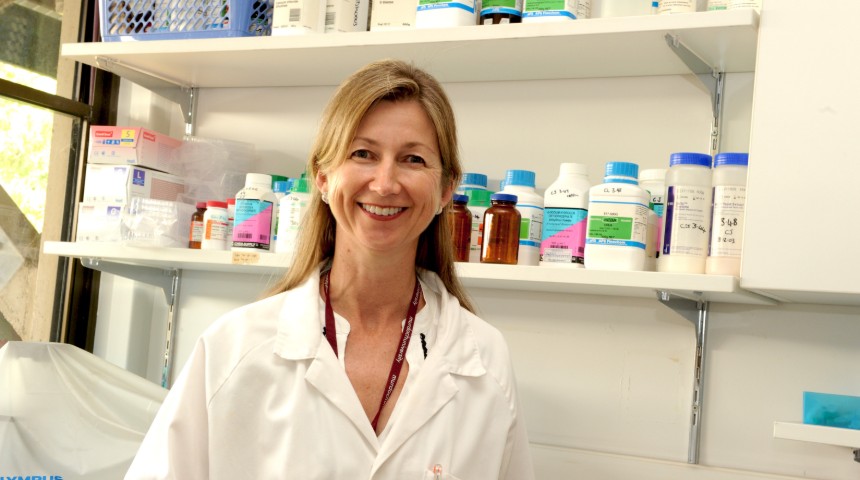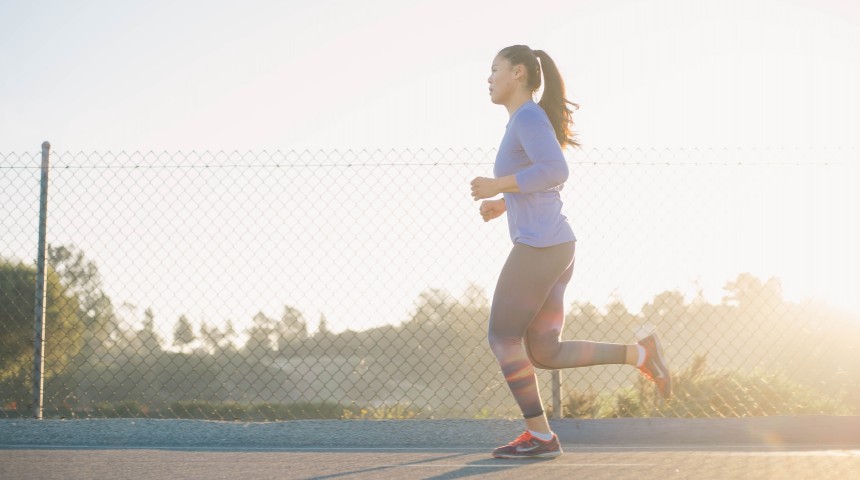
Professor of Immunology, Cassandra Berry has revealed why supporting the immune system is essential for our response to infection and what boosting it actually means in daily practice.
With winter swiftly approaching and the threat of COVID-19 still lingering, there is no time like the present to bolster our immune systems.
Professor Berry explained that bacterial and viral respiratory infections are caused by exposure to microbes that can invade our bodies, often entering by our eyes, nose or mouth. Therefore, it is essential that our immune systems are able to perform the best they can.
“Our immune systems are very alert and powerful, and usually keep the replication of these microbes under control. However, this can take time and often parts of our immune response do not peak until seven to ten days after infection,” said Professor Berry.
“It is a race between the replicating microbes and the response by our immune system in our bodies. Some clever pathogenic microbes have also rapidly evolved to attack or evade our very own immune responses and interfere with or block our immune cell pathways.”
Professor Berry advises that anyone looking to bolster their immune system should practice healthy lifestyle habits and of course keep up to date with available vaccinations.
We all know about the value of sleep, exercise, water and nutrition in boosting our immune system. Other factors that can compromise our immune systems include stress and ageing, with our cells prone to autoreactivity and chronic inflammation.
“Although we can’t stop the normal ageing process, we can attempt to destress and prevent unnecessary chronic inflammation.
“Being mindful and staying calm can lower our body’s stress signals, cortisol, and allow our immune systems to better function."
“Fresh air, adequate ventilation and natural sunlight for our vitamin D levels can also enhance the functioning of our immune systems," explained Professor Berry.

Professor Berry reiterates simple daily choices can effectively enhance your immune system.
“In my everyday life, I try and step outside for a coffee break or take the dog for a walk in the park before or after work to catch up on some natural sunlight, as my work is mostly indoors.
“I focus on positive thinking and practice mindfulness during body exercise classes, which also helps build resilience to beat stress. I try and laugh, eat well, drink in moderation, avoid smoking and sleep at least seven to eight hours every night,” said Professor Berry.
“Before winter, I also make sure I get the annual flu shot to help combat the new influenza viruses in circulation.”
Taking care of our cells by boosting general health is imperative to a proper functioning immune system.
“Our immune system is made mostly from special cells derived from our bone marrow and small molecules that are secreted by activated cells. This in turn activates other immune cells in an inflammatory response targeted at the invader.
“Cells are amazing machines made of many mini-parts, organelles, which play different roles in our cell’s metabolism. To build up our immune systems, we can boost our body’s health by looking after our devoted immune cells.
Looking after your immune system, especially during the winter months, is not only beneficial to yourself but can be to others as well.
"Taking care of myself not only gives my immune system the best chance against bacteria and viruses, it also enables me to care for others, including being the best mother I can be for my three sons.”
Professor Berry said the unharnessed power of our immune systems can possibly even be used as therapy for others.
“Immunotherapy can take many forms of different parts of our immune response. It holds hope for treatment and prevention of a wide variety of infectious diseases, cancers and autoimmune disorders.
“For example, a powerful therapy against viruses is the transfer of protective anti-viral antibodies from an individual who has recovered from the infection to an infected patient.
“This has the potential to immediately alleviate the severity of disease after exposure. This effective approach is called immunoprophylaxis. This can even be used pre-exposure to protect people at high risk of getting infected in the first place, especially useful when a vaccine is not yet available.”
“The future in immunotherapy is very bright,” said Professor Berry.